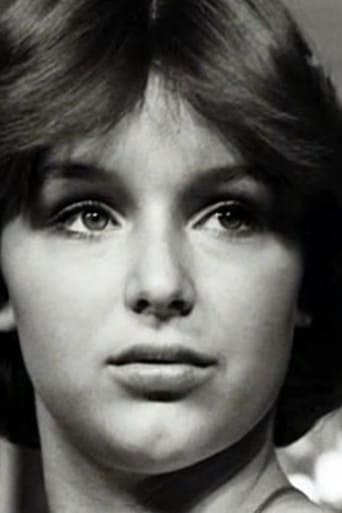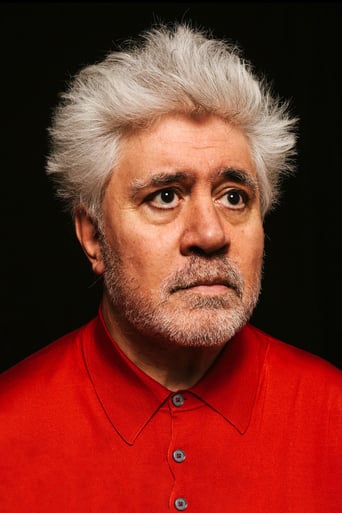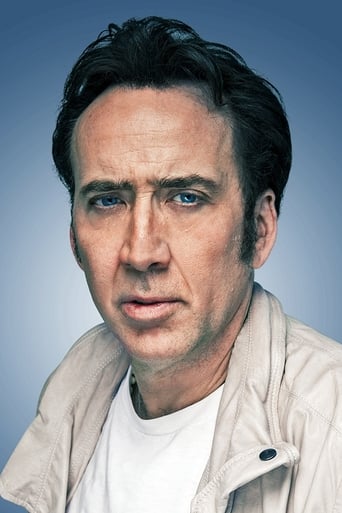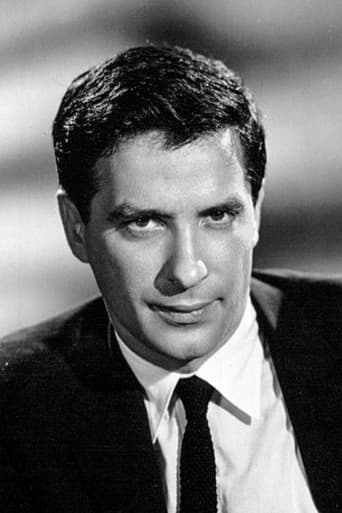imdb-45
This film does a fine job of what you'd normally see in court on behalf of a guilty defendant. It wastes copious amounts of time clouding a very simple issue. You did the crime. You fled like a thief in the night. Now you have to deal with the consequences of your crime against society. You can't simply pay off the victim. If that was the case then only the poor couldn't simply pay their way out of a crime.And on the suffering. The horrible Polanski suffering!!! You'll hear about what cruelty (yes, "cruelty") poor Roman had to go through by suffering in his chalet, making films and winning awards while others in the industry rally to his defense because that's the way they are. All having their skeletons in the closet which they want to be kept there with the support of the industry.Hurrah for the Swiss, the US and everyone else who wouldn't let this self-entitled film maker get whatever he wants and wash the issue under the carpet. He should have just subjected himself to the court and done whatever time he'd have to do. But he's above it all and the film portrays him as the victim. It gets a 3 because it's not an impartial documentary, despite the fact that it does provide a good deal of information about the issue.
gavin6942
Examines the public scandal and private tragedy which led to legendary filmmaker Roman Polanski's sudden flight from the United States.I was rather impressed with this documentary. I thought it would offer a broad overview of Polanski's life, and it did not. It had just enough to give you a feel for the man and then focused on the different aspects of the criminal trial against him.Polanski fled this country before I was born, so I certainly did not hear about his crimes from the newspaper or television at the time they happened. I was under the impression he was charged and then immediately ran away. The film shows that is not entirely accurate, that he actually spent a little time in prison and even after leaving once, he came back. This cleared up a lot of misconceptions I had.Having read a biography on him and having seen all his movies (yes, even the weaker ones -- though not his short films), I was pleased that something new could still be learned.
Reza kazemi
At the first sight "Polanski: wanted and desired" has been made to reread a special event of this great filmmaker's life but on the other hand pretexts Polanski's judiciary story to review his life and also his works. In addition to reportage aspects, this doc has many features of a portrait documentary, getting back the survey in time to identify roots of Polanski's childhood and his family. In this way, the director Marina Zenovich even goes back to amateur short films of Polanski. "Polanski…" exposes repeatedly mentioned but still attractive and important "moral judgment" as a basic element. It's about concealed corners of an apparently transparent event and shows how time passing washes out the dusts from the surface. Exploring hidden aspects, gives an opportunity for a new judgment but I think the most important aspect of this doc is about individuality, and the reality of an artist, With his all merits, defects, vulnerabilities and fragility without any resemblance to immortal mythic heroes or legends Sometimes these events leak in the artist's works and sometimes the creatures of an artist's mind mystically presage future events. For example the plot of "Fat and thin", a B&W short film by Polanski (1961), in which he is such a slave that ridiculously dances by the Master's drumming, reappearances later like a horrific nightmare in his real life, at the height of his fame and he is trifled by a tedious judiciary process. He dances passively, with drums' beats. "Polanski…" uses magic and brilliant score of "Rosemary's baby" (a masterpiece composed by Krzysztof Komeda for this Polanski's masterwork) for the opening of Polanski's cinematic portrait; not an original idea but still impressive. Surprisingly precise similarity between Rosemary Woodhouse and Roman Polanski and also their matching loneliness are enigmatic. Why that ghastly sad lullaby of Rosemary is considered as a symbol of Polanski? In "Kid stays in the picture" (2002), a brilliant doc about Robert Evans, legendary Hollywood producer and former paramount's man; we see how he became familiar with Polanski & picked him for directing "Rosemary's baby" against company's hesitation. We also hear Mia Farrow's sad lullaby there when Polanski appears in archival footages. Polanski in one of his brightest works, "tenant" (1976), which "Polanski: wanted …" refers to it many times, goes down into the role of Trelkovsky, a Polish who was born in France and a citizen of that country. During judicial affair, court emphasizes on proving neurosis and personality disorder in Polanski. It's a short but destroyer season in his life, though they got no medical evidence to prove mental disorders but make a horrible time for him during custody. Surprisingly, chaos and neurosis are of his most favorite artistic motives either before 1977 (court time) or after that. In "Tenant", a key work for Polanski and an important movie for analysis, Trelkovsky (played by Polanski) gradually transforms to another person, and experiences several kinds of psychological instability. In spite of several references to "Tenant" in regard to meaningful presence of Polanski in the role of cursed Trelkovsky, there are no specific explanations about it in Zenovich's documentary. Polanski makes a self-disclosing presence in "Tenant" that filmed a few years after brutal murder of his wife Sharon Tate, just two weeks before time she was supposed to deliver her newborn. In "tenant", Polanski/Trelkovsky is a victim in the clutch of anthropoid demons. Polanski's reaction to the news of his wife's murder includes several archival footages, some pictures and a narration by one of his friends, showing horrible and devastating effect of that event on him impressively. Even in these limited images we can see sudden breaking and painful collapse. Despite all these, great disaster of his life was just on the way. Just a year after the hell of Trelkovsky a horrid event knocked Polanski down, and he never could stand up of that ever today. The importance of "Tenant" does not end here. Humiliation against Trelkovsky's polish and Jewish root that we see in this movie in interrogation sequence at the police station represents racist and scornful behavior Polanski experienced in America. This border-less humiliation even let American media ridicule his appearance and of course these were the same media had honored him before. Marshal McLuhan, great theorist of media, named such media as "Light bulb" that lack content (light) on their own. At least in a section of the time Polanski was a great catch of the media and this story has been common for some others during decades. "Polanski: wanted and desired" opens with an old footage of an apparently intimate interview in a high grade restaurant and shows Polanski describing his masterwork," China town" (1974). Near the end of this documentary, after reviewing the ups and downs detailed his life, we come back again to the same interview at the restaurant, where Polanski still is fresh and not old yet. At this time, he has escaped the nightmare of United States and has no intention to return. He stares at interviewer, while he is bored of repetitive questions. Polanski's Word in reaction to the content of this conversation makes us face a bitter truth. Before citing that word, better we can have a flash back to the beginning of this article and the question of art: What relation is between a chaotic soul of an artist and the approach which tries to pretend art as a transcendental thing and artist as an innocent human. "Polanski…", Once again exposes this truth that an artist is as well as other persons. She/he is not necessarily strong, pure or devoid of defects and weakness. Perhaps distinction of an artist relates to the ways he sublimates shortcomings into creation of art, to an exalted position. Sublimation is a defensive mechanism against external harms. Polanski escaped America because His languid body and soul could not sit down under punishment, he fled to survive and to add some other masterpieces to the world of cinema.(Summary of a long article by myself)
tex-29
To those who comment that Polanski was convicted or pleaded guilty of rape, please go back and watch the movie. No rape. The judge simply tried to screw him on a plea bargain on a lower charge (both the defense and prosecution agree on this as does the lawyer for the woman. Please stick to the facts when making your arguments. The film, itself, was intriguing, well-edited, concise, historically enlightening and contained many clips of Polanski's great films (knife on the water, chinatown, rosemary's baby...) along with interesting historical news footage of courtroom action and now-and-then interviews with key figures.






